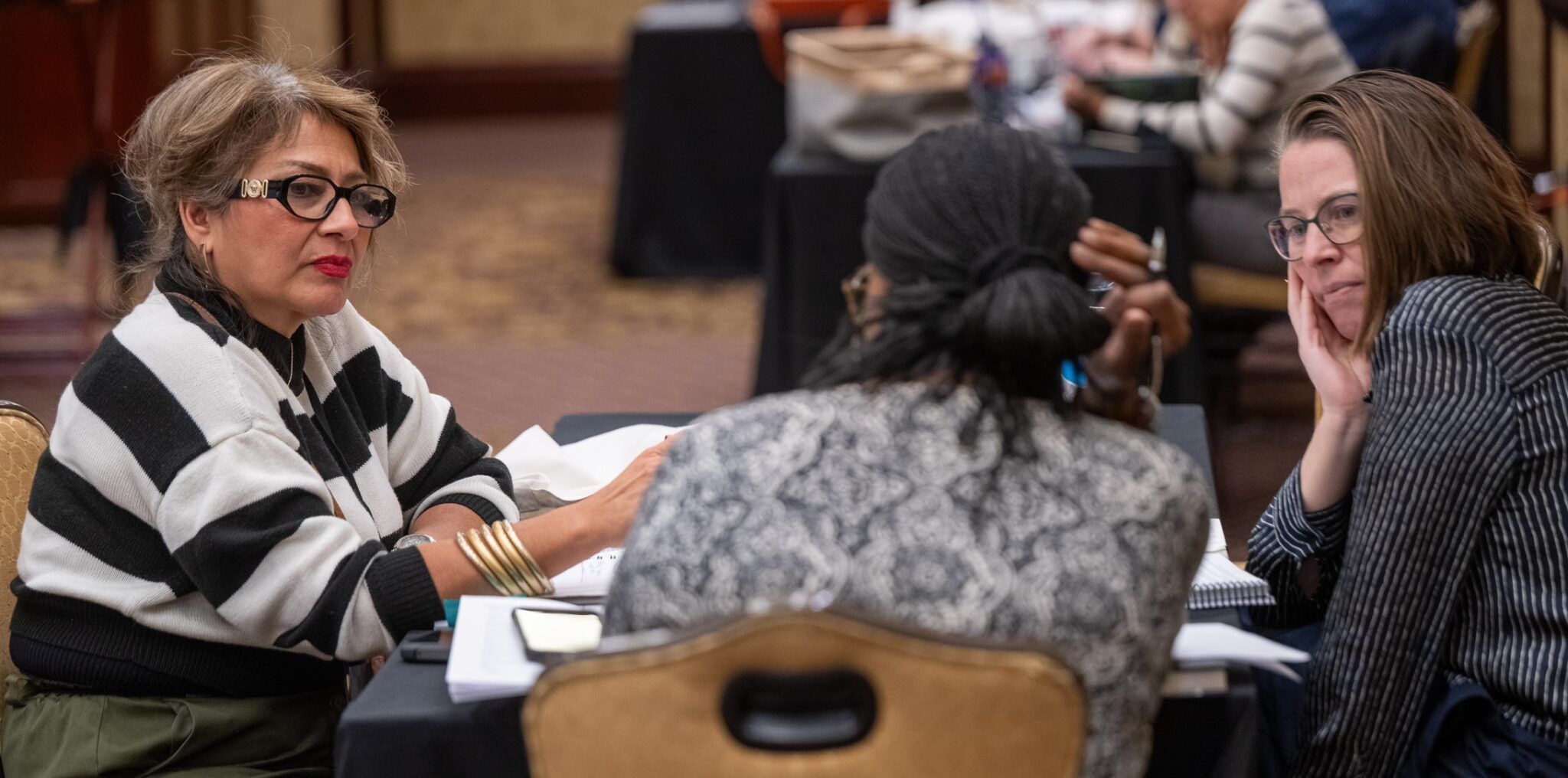Improving outcomes for each and every student requires leadership that extends beyond a single individual or role. Widespread leadership builds shared responsibility across teachers, school leaders, families, and students. It strengthens the collective capacity to engage in effective school improvement.
When schools develop leadership across roles, they see stronger alignment between student needs and instructional practice. Educators collaborate more effectively and communities become more engaged in shaping the conditions for success.
Leadership is a Practice, Not a Position
Widespread leadership depends on consistent engagement in practices that support reflection, collaboration, and shared inquiry. These practices help teams examine their work, respond to student needs, and build more coherent improvement efforts. Educators and leaders who engage in these practices develop the knowledge and skills needed to lead with others, not in isolation.
Widespread leadership strengthens academic outcomes, increases staff capacity, and improves educator retention. When school communities include students, families, and educators in identifying needs and assets, they create more relevant and sustainable school improvement plans. When positional leaders are equipped to build the leadership of others, they help entire systems grow stronger.
3 Ways to Build Your Capacity for Widespread Leadership!
CLEE offers open learning opportunities that support leadership development at all levels. Each program invites active engagement and builds capacity to collaborate for student success. All educators are welcome.
CLEE Fall Meeting
Join a national community of educators for two days of in-person learning. Participate in small-group learning and peer-led sessions that model collaborative leadership in action.
Facilitating Virtual Protocols
Facilitating meaningful learning online is different from in-person work. It demands intentional design, skillful use of technology, and new ways of building connection and trust. This four-session series offers educators, coaches, and facilitators the opportunity to deepen their practice and confidence in leading virtual learning communities. Julie Moore and Natalie Berger, authors of Facilitating Virtual Learning Communities: Using Protocols to Improve Educator Practice, guide the workshop series and share expertise from their book.
Facilitating Virtual Protocols Information
Creating Collaborative Leadership: Virtual Workshop Series
Engage in free, interactive virtual sessions that strengthen your skills in leading student-focused collaboration. Each session offers practical tools and shared learning.
Register for a Virtual Workshop
Widespread leadership begins with intentional development. These learning opportunities provide a path forward for educators and leaders who seek to improve outcomes by leading with others.
